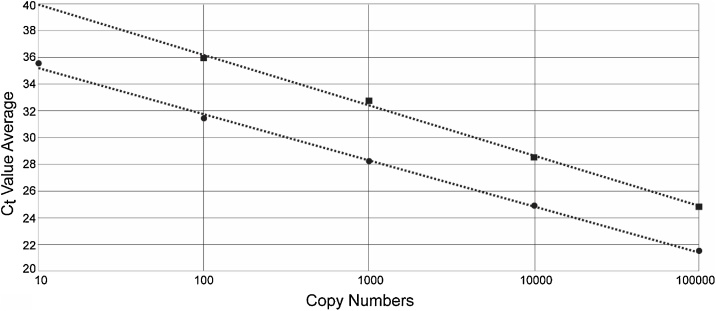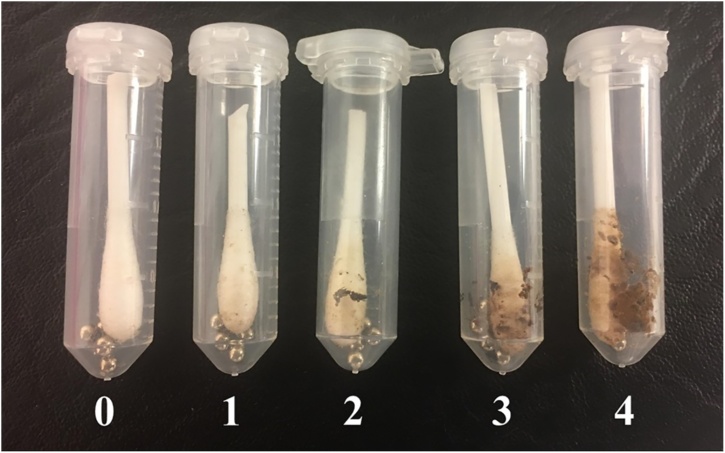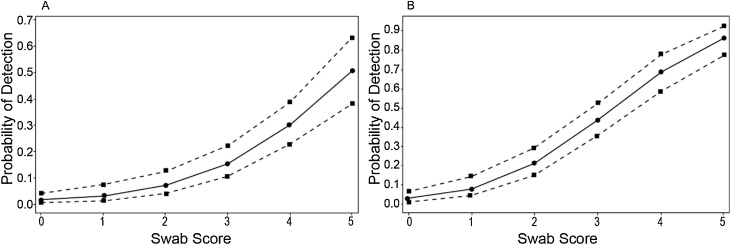Identification of eyeworm (Oxyspirura petrowi) and caecal worm (Aulonocephalus pennula) infection levels in Northern bobwhite quail (Colinus virginianus) of the Rolling Plains, TX using a mobile research laboratory: Implications for regional surveillance
Abstract
Over the last few decades, there has been a decline in Northern bobwhite quail (Colinus virginianus) throughout their native range. While there are various factors that may be influencing this decline, it is suggested that parasites should be taken into consideration as a potential contributor in the Rolling Plains Ecoregion. High prevalence of the eyeworm (Oxyspirura petrowi) and caecal worm (Aulonocephalus pennula) in bobwhite of this region, coupled with a continuous decline, creates a need to assess infection through alternative methods for regional surveillance. Previous studies have developed a qPCR method and mobile research laboratory as an option for nonlethal procedures. However, there is still a need for standardization of these techniques. Therefore, this study builds on previous protocols to develop an application that considers factors that may influence qPCR results. In this study, cloacal swabs are collected from bobwhite in three locations throughout the Rolling Plains and scaled based on amount of feces present on the swab. This data is compared to qPCR standards as a limit of quantification for both eyeworm and caecal worm to define parasitic infection levels. Binary logistic regressions confirm that the probability of detection increases for both eyeworm (Odds Ratio: 2.3738; 95% Confidence Interval: [1.7804, 3.1649]) and caecal worm (Odds Ratio: 2.8516; 95% Confidence Interval: [2.2235, 3.6570]) as swab score increases. Infection levels for eyeworm and caecal worm are based on the generated cycle threshold value averages of qPCR standards. Based on the results of this study, this method can be applied in the mobile research laboratory to quantitatively assess regional parasitic infection in bobwhite throughout the Rolling Plains.




 求助内容:
求助内容: 应助结果提醒方式:
应助结果提醒方式:


